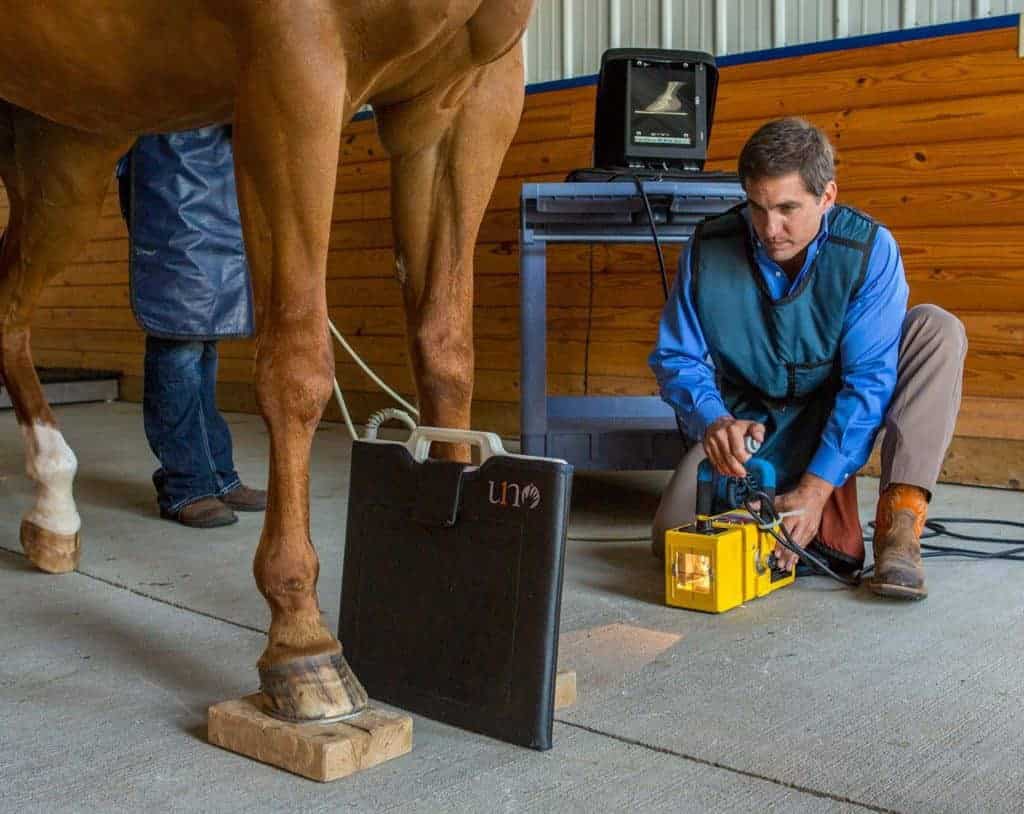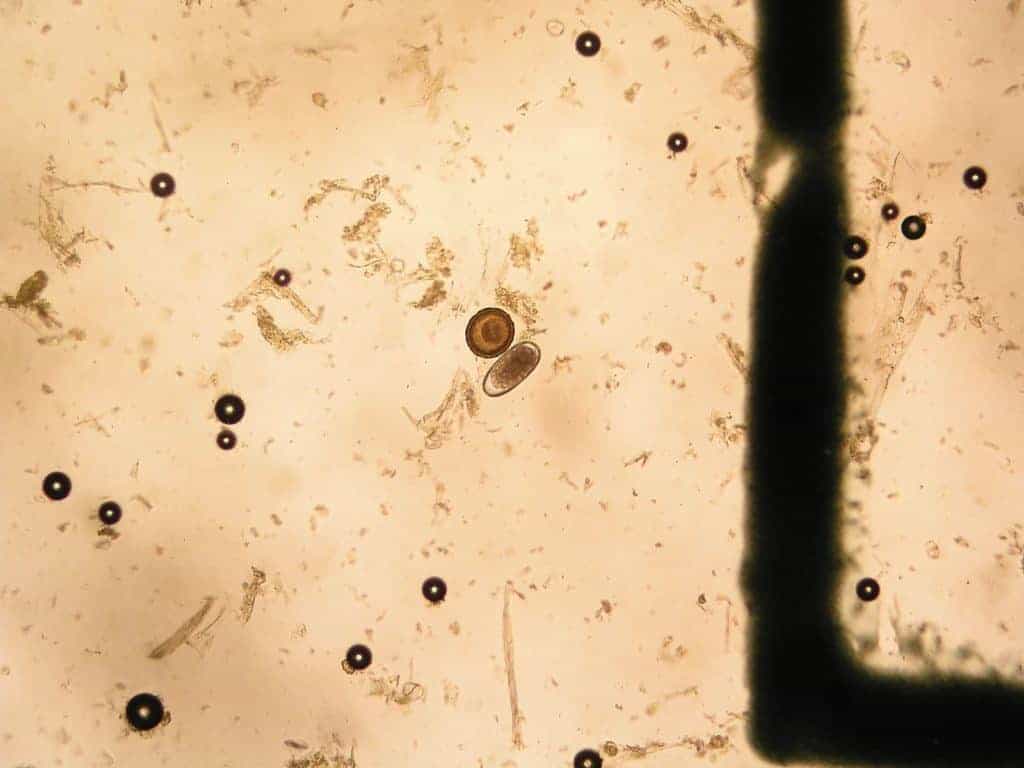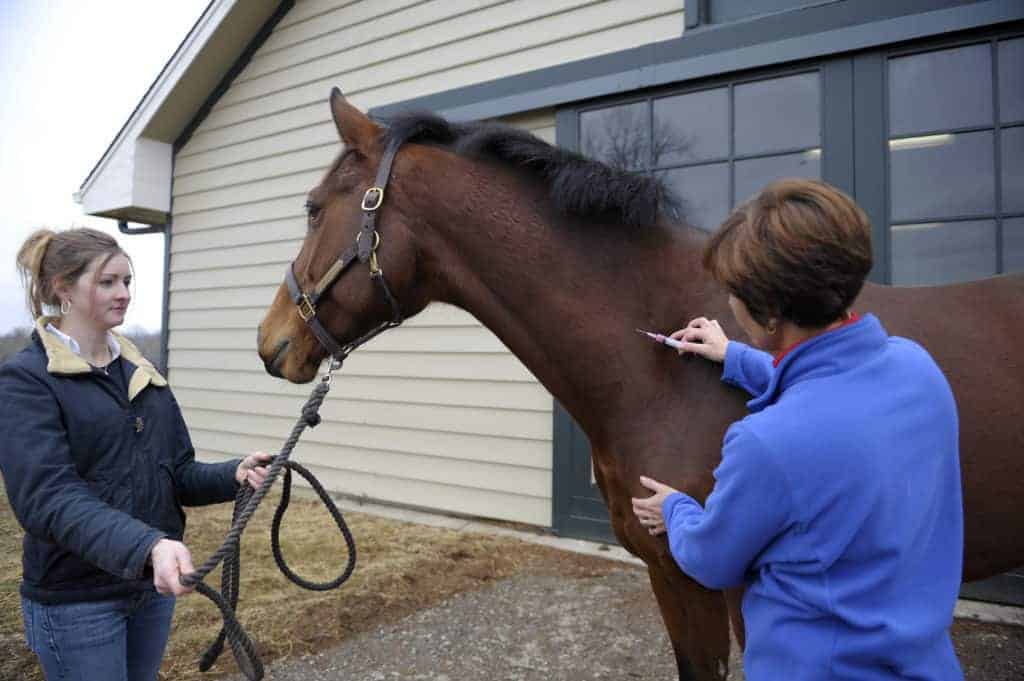
Tips for Providing Veterinary Care for Foals in the Field
Neonatal medicine is an important area of equine practice, because time is of the essence when youngsters are sick.

Neonatal medicine is an important area of equine practice, because time is of the essence when youngsters are sick.

Prefoaling secretions have a pH of 8.0 to 8.5 which decreases to 6.5 or lower as foaling approaches, researchers found.

Researchers found that samples can be refrigerated for up to a week without adverse effects on egg counts.

Vets can use MRI to help diagnose injuries, select treatments, monitor healing progress, and determine prognosis.

How young horses are fed and housed can impact how osteochondral lesions evolve, and even help them heal.

Digestive system and cardiovascular system problems were the most common causes of death in the study population.

Overall horses coped well with parasites. But the heavier the parasite load, the lower the horse’s body condition score.

Many of the abnormalities researchers evaluated in weanling X rays improve by the time the horse was a yearling.

Researchers are working to help us better evaluate and manage parasites in the face of anthelmintic resistance.

Reproductive endocrinology can influence a horse’s overall health and well-being.

Find tips on handling bacterial pleuropneumonia, pneumothorax and hemothorax, rib fractures, and ARDS in foals.

An equine behaviorist offers tips on managing potentially stressful situations to which horses might react adversely.

Controlling disease spread can be challenging. A veterinarian offers tips on how to react if your farm becomes infected.
Meeting topics include colic, dentistry, the hind suspensory ligament and stifle, and more.

Preliminary results suggest risk factors include fewer high-speed workouts and a drop in racing class, among others.

Sedation and bandaging can help buy time for a thorough exam and to make a thoughtful decision about the horse’s future.
Stay on top of the most recent Horse Health news with
"*" indicates required fields